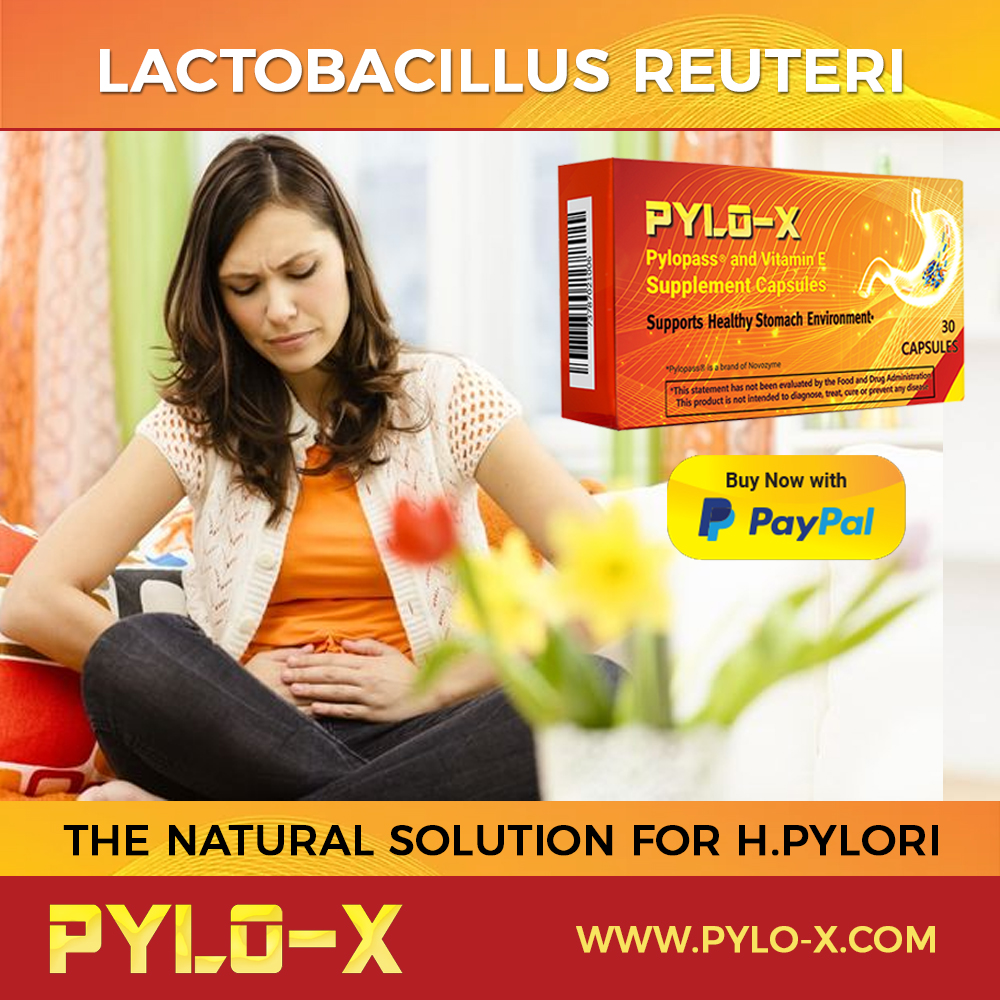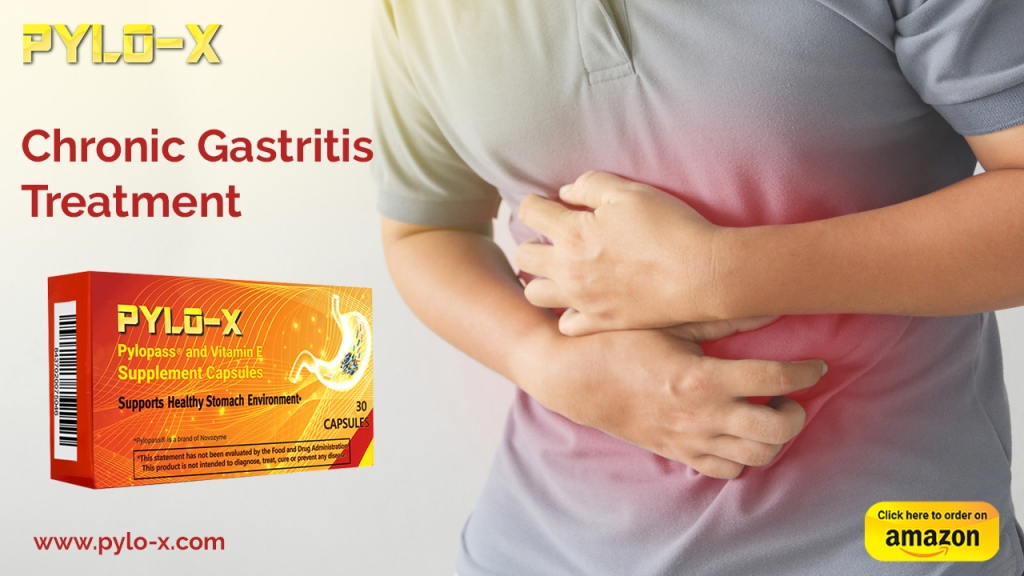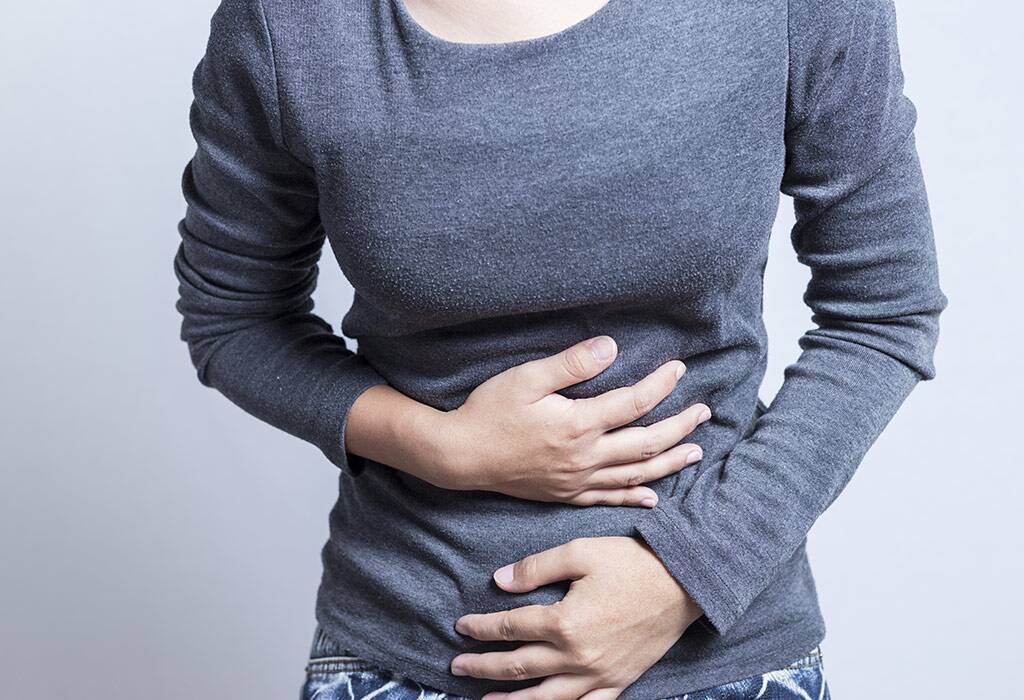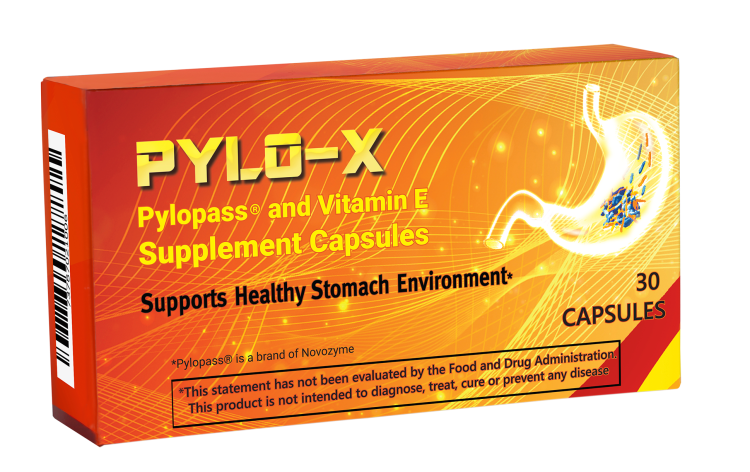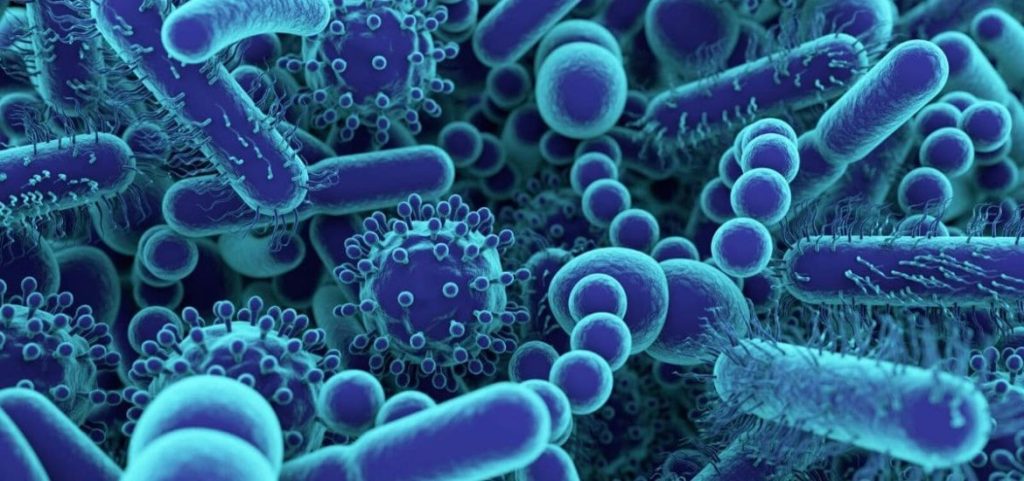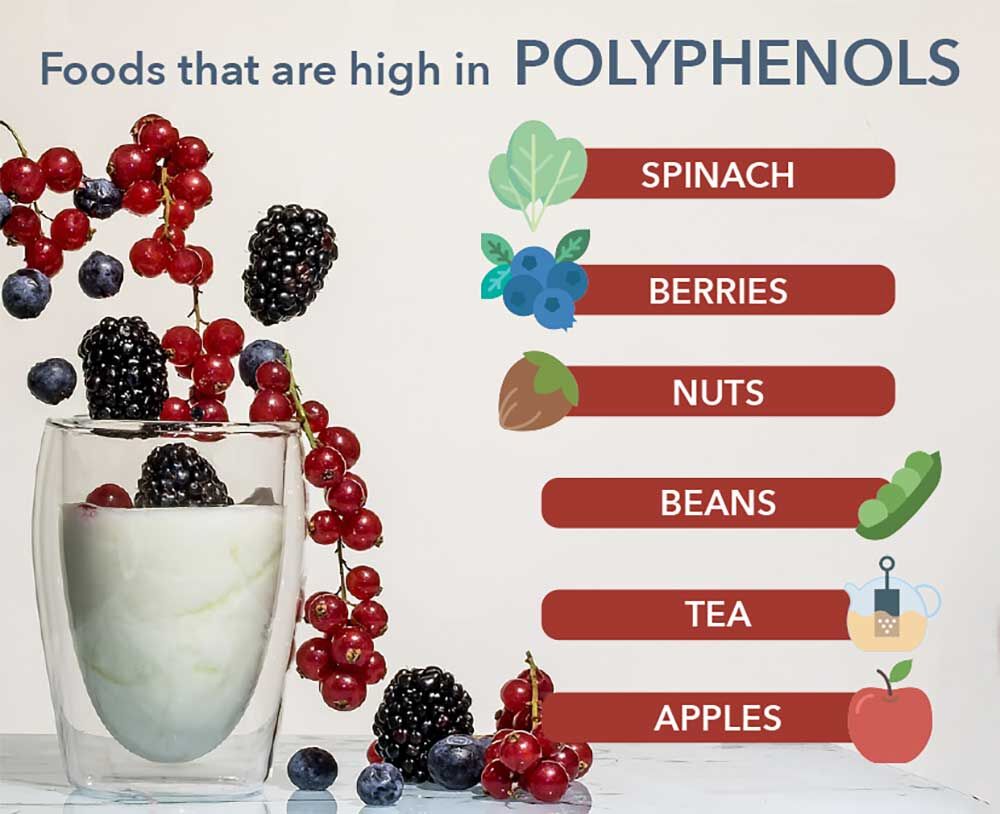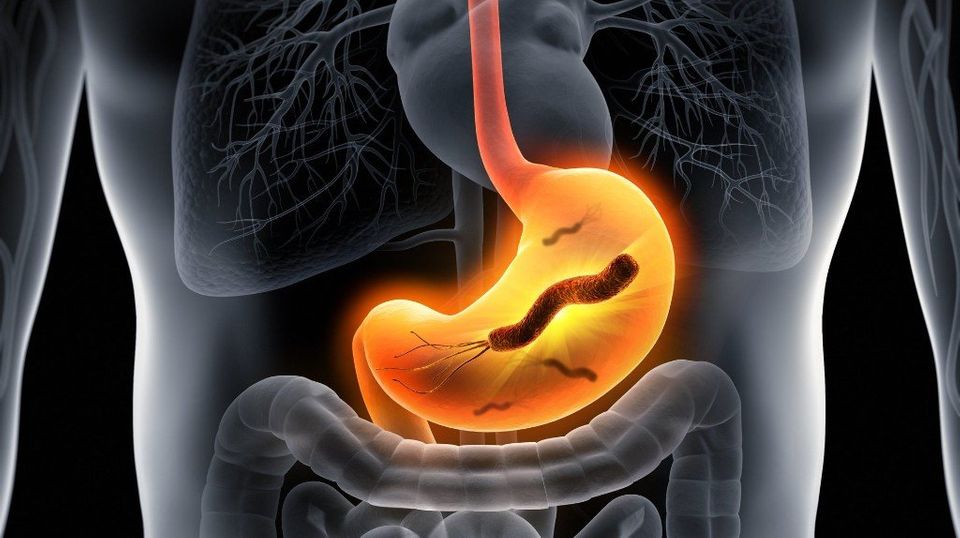
H. pylori is a certain kind of bacteria that leads to gastritis and peptic ulcers if left untreated. Mostly, H. pylori infection occurs in children, but only a few have symptoms. These symptoms include burning stomach pain, unintended weight loss, and bloody vomit. If you experience any of these, you have to consult a doctor immediately. H. pylori infection is more common in developing countries due to poor hygiene standards. When and why people get infected with H. pylori stomach bacteria is still unknown to scientists.
Diagnosis
Nowadays, there are several treatments and procedures to determine whether you are infected with H. pylori. If you want to detect traces of H. pylori in your body, testing is the ultimate option. After the H. pylori treatment procedure, repeat testing needs to be conducted to ensure that it’s gone. In most cases, the tests are performed through a breath test, using a stool sample, and an upper endoscopy exam.
Stool tests
- Stool antigen test: Being the most common stool test used to detect H. pylori, the test looks for proteins associated with H. pylori infection in the stool.
- Stool PCR test: A stool polymerase chain reaction test is conducted to detect the presence of H. pylori infection in the stool. One of the significant benefits of conducting this test is that it can detect mutations that can be resistant to antibiotics used to cure H. pylori. Hence, it facilitates the process of treatment of H. pylori.
Breath test
It is also termed a urea breath test. During this test, you swallow a pill or liquid that comprises tagged carbon molecules. If H. pylori bacterium is present in your body, carbon is released when the liquid/pill comes in contact with H. pylori in your stomach.
Scope test
A medical practitioner may conduct a scope test commonly known as an upper endoscopy exam. The doctor will perform this test to detect symptoms that may be caused due to medical conditions like gastritis or peptic ulcer. Since this test is more invasive in nature, it’s typically conducted to assess other digestive problems along with H. pylori stomach bacteria. Healthcare providers may also use this test to identify which antibiotic will be the best to cure H. pylori, considering if the first set of antibiotics didn’t get rid of the infection.
Treatment
Generally, H. pylori infections are treated with two different antibiotics at the same time. It prevents the bacteria from building a resistance to one specific antibiotic. The H. pylori treatment may also encompass medications like:
- Proton pump inhibitors (PPIs): These drugs reduce the production of acid in the stomach. Some popular examples of PPIs include omeprazole, esomeprazole, and pantoprazole.
- Bismuth subsalicylate: Popularly known by the brand name Pepto-Bismol, this drug functions by coating the ulcer while protecting it from stomach acid.
- Histamine (H-2) blockers: These medicines block a substance termed histamine that triggers acid production. H-2 blockers are prescribed for H. pylori infection if PPIs can’t be used. A prime example of histamine blockers is cimetidine.
Most individuals who are infected with H. pylori stomach bacteria show little to no symptoms. But yes, there are exceptions. If the symptoms are severe, you should consult a medical practitioner instantly. He can give you the necessary suggestions and the tests you need to undertake to determine the presence of H. pylori in your stomach. He will also prescribe medicines that will make you feel better over time.



